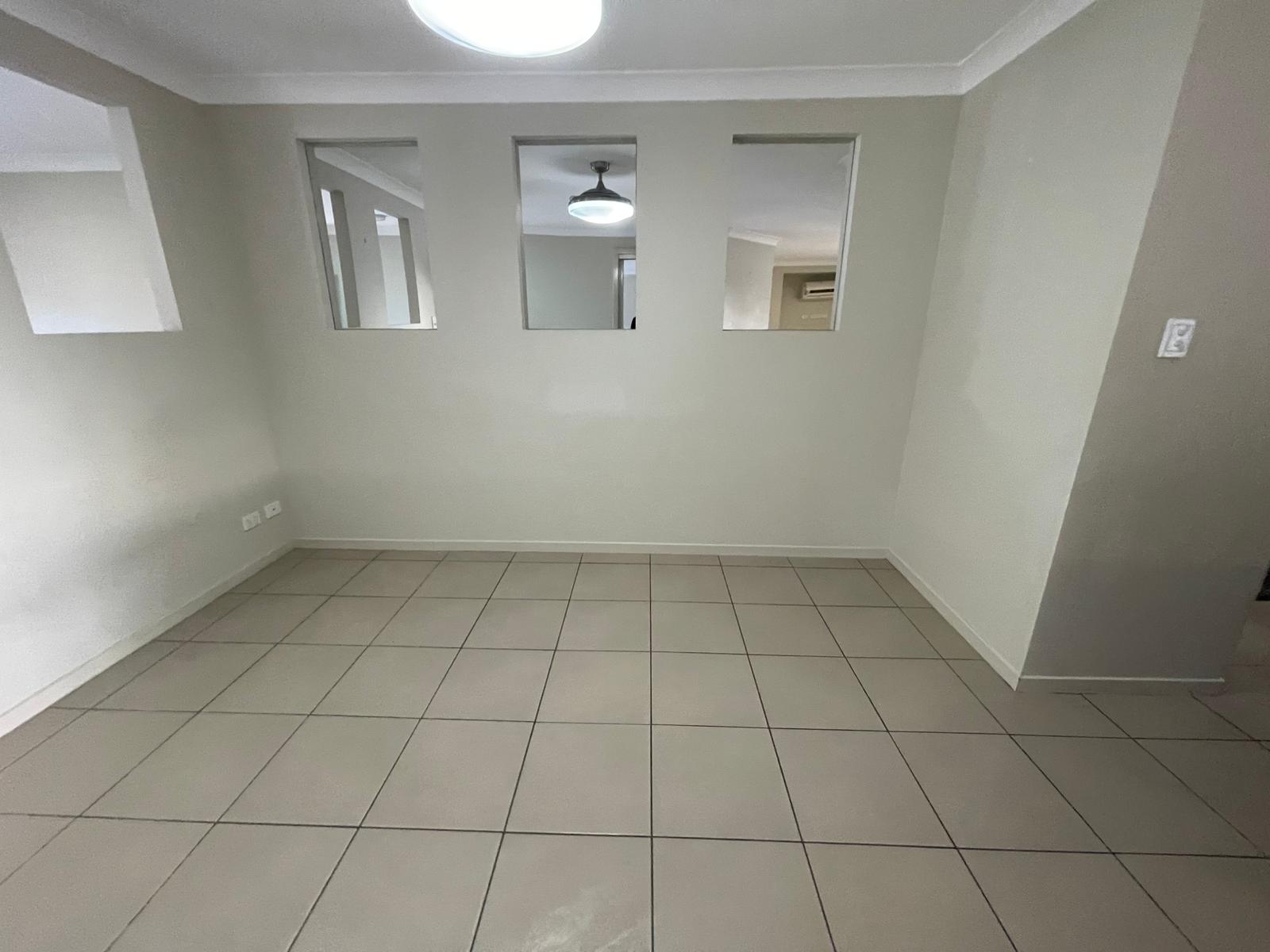A calm space creates a calm mind. That’s not just a vibe—it’s how your brain works. Visual clutter competes for attention, unfinished chores whisper in the background, and mess increases mental “noise.” The result? More stress, less focus, and a lower mood. The good news: small, consistent tidy habits can reset both your rooms and your nervous system.
How a Clean Home Impacts Your Brain (and Feelings)
1) Less Visual Noise = Lower Stress
Your brain has to process every item in view. Clear surfaces and contained storage reduce cognitive load, which helps your body downshift from “alert” to “at ease.”
2) Order Signals Safety and Control
When your environment looks managed, your mind interprets it as “I’ve got this.” That sense of control is linked to better mood and motivation.
3) Cleanliness Reduces Decision Fatigue
When everything has a home, you make fewer micro-decisions (Where does this go? Where’s the sponge?). Fewer decisions = more mental energy for what matters.
4) Tidy Spaces Support Focus and Productivity
Distraction pulls attention. A visually simple workspace or living area helps you enter flow faster and stay there longer.
5) You Sleep Better
A serene bedroom—clear floor, made bed, empty nightstand—tells your brain it’s safe to rest. Even a 3-minute evening reset can improve sleep quality.
Internal link idea: Starting from scratch? Book a home reset with our Deep Cleaning Service, then maintain with quick daily habits.
Tiny Habits That Deliver Big Mood Wins
The “First-Impression Five” (6–8 minutes total)
-
Clear and wipe kitchen counters
-
Empty sink or start dishwasher
-
Quick bathroom mirror + toilet swish
-
Tidy living-room surfaces (one basket for strays)
-
Entryway reset (shoes lined, mail dealt with)
These five spots create the biggest emotional lift per minute.
Two-Minute Transitions
Attach a micro-task to routines you already do:
-
After coffee → unload dishwasher
-
After shower → squeegee glass + hang towels
-
Before TV → 120-second toy or cushion reset
Design Your Space for Calm
-
Use closed bins for toys and paperwork
-
Keep only one or two decor items per surface
-
Place cleaners where mess happens (under each sink)
Internal link idea: Keep momentum with a scheduled Recurring Cleaning so deep jobs don’t derail your week.
Room-by-Room Mood Builders
Kitchen
-
Clear sink at night (future-you wakes to calm)
-
Wipe handles and the fridge door—high-touch, high-impact
Living Room
-
One basket rule: everything off surfaces by bedtime
-
Fold throw blanket; it’s a fast “room looks finished” cue
Bedroom
-
Make the bed (90 seconds, huge payoff)
-
Nightstand holds only essentials (lamp, book, water)
Bathroom
-
Daily wipe & swish: mirror, faucet, toilet bowl
-
Keep microfiber + spray under the sink for 60-second shines
Internal link idea: For move days or post-reno dust, try our Move-In/Move-Out Cleaning or Post-Construction Cleaning.
When Clutter Is Emotional (and What to Do)
-
Start with easy wins. Clear trash and obvious donations first.
-
Set a timer for 10 minutes. Stop when it ends—consistency beats marathons.
-
Contain, then curate. Use a “maybe box” you revisit in 30 days.
-
Be kind to yourself. Progress, not perfection.
Internal link idea: Pair decluttering with our Residential Cleaning for a fresh, motivating reset. Have questions? Reach us on the Contact page.
Quick Checklist: A Calmer Home Tonight
-
Clear sink & counters
-
Two-minute living-room basket sweep
-
Bedroom: make bed + empty nightstand
-
Bathroom: mirror wipe + toilet swish
-
Entry: shoes lined, mail sorted
Pin this list to a cabinet or save it to Notes—check it off before bed for a measurable mood lift tomorrow.
FAQs
Does a clean home really improve mood?
Yes—tidy spaces reduce visual stress and decision fatigue, which supports a calmer, more positive state.
I’m busy. What’s the minimum to feel better fast?
Do the “First-Impression Five.” You’ll see and feel the difference in under 10 minutes.
How do I keep it going?
Use habit stacking (attach tiny chores to daily routines) and set a 5–10 minute nightly reset. Outsource deep cleans to stay on track.


 Blog
Blog